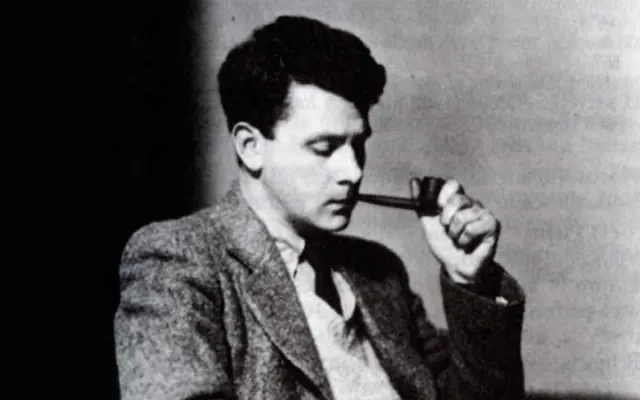Orlando Gibbons
Sung by John Oliver Edwards
Fear no more the heat o’ the sun
Nor the furious winter’s rages;
Thou thy worldly task hast done
Home art gone, and ta’en thy wages:
Golden lads and girls all must
As chimney-sweepers, come to dust
Fear no more the frown o’ the great;
Thou art past the tyrant’s stroke;
Care no more to clothe and eat;
To thee the reed is as the oak:
The scepter, learning, physic, must
All follow this, and come to dust
Fear no more the lightning flash
Nor the all-dreaded thunder stone;
Fear not slander, censure rash;
Thou hast finished joy and moan:
All lovers young, all lovers must
Consign to thee, and come to dust
No exorciser harm thee!
Nor no witchcraft charm thee!
Ghost unlaid forbear thee!
Nothing ill come near thee!
Quiet consummation have;
And renownèd be thy grave!
About the piece:
Fear no more the Heat o the sun is the third song from Let Us Garlands Bring which is a song cycle for baritone and piano composed by Gerald Finzi between 1929 and 1942, and published as his Op. 18. It consists of five settings of songs from plays by William Shakespeare. It was premiered on 12 October 1942 at a National Gallery lunchtime concert in London. That day was the 70th birthday of Ralph Vaughan Williams, and the cycle is dedicated to him. Finzi subsequently arranged the work for baritone and string orchestra.

- Gerald Raphael Finzi (14 July 1901 – 27 September 1956)


